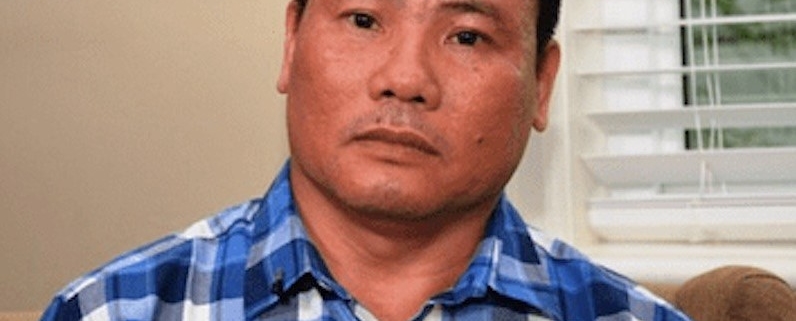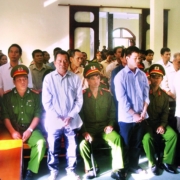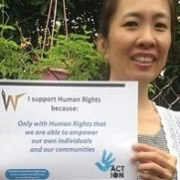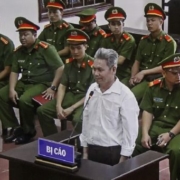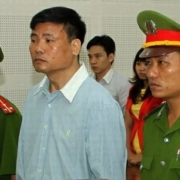Update on Truong Duy Nhat Case: Indictment Issued, Raising Questions Regarding Vietnamese Land Law
The Supreme People’s Procuracy of Vietnam has finalized the indictment against prominent blogger Truong Duy Nhat, not for any of his journalistic activities but for alleged “abuse of position and power when carrying out public duty” under Article 356.2 of the 2015 Criminal Code. It should be noted that Nhat was already imprisoned from 2013-2015 for the contents of his blog – “A Different Viewpoint.”
According to Nguoi Lao Dong, a state-owned newspaper, in 2004, Nhat allegedly exploited the general policy of the People’s Committee of Da Nang City (the City) that aimed to help public service units operating within Da Nang’s jurisdiction and the authorization from the Editorial Board of the Great Unity Newspaper (Dai Doan Ket) to aid Phan Van Anh Vu’s attempt to unlawfully obtain public lands.
Specifically, right after the People’s Committee of Da Nang City issued an official decision allowing the transaction of sale of a public land – a house at No 82, Tran Quoc Toan Street, Hai Chau District – between the City and Dai Doan Ket so that Dai Doan Ket could use this property as their representative office, Nhat allegedly signed a principal agreement with Vu. The agreement, according to the newspaper, required Vu to transfer money to the state budget on the behalf of Dai Doan Ket, with the condition that the house would be in Vu’s possession. On November 23, 2004, Vu and Nhat allegedly entered into a contract officially transferring the land use rights and the house on land at the aforementioned location from Dai Doan Ket to Construction Company 79, belonging to Vu.
While the indictment has yet to be published to the public, there are several issues that seem problematic in regards to Vietnamese land rights law:
- Even after the City transferred the land and house on land to Dai Doan Ket, the property was still under the regulation of public land law for the fact that Dai Doan Ket is a subsidiary of Vietnam Fatherland Front, and thus the property had a fixed, designated use purpose (as a representative office) in accordance with Decision No. 20/1999/QD-BTC, which was in effect at the time. And since Dai Doan Ket is a financially-dependent public service unit, any attempt to sell such property must have had the approval of the leadership of Dai Doan Ket and Vietnam Fatherland Front. It is difficult to believe that Mr. Nhat could have gone through the entire sale process without any order or endorsement of these two organizations.
- Moreover, land use rights transaction is complicated in Vietnam and requires significant involvement from the local authority and notary public. In cases of public properties, Decision No 55/2000/QD-BTC only allows them to be (1) Recovered; (2) Transferred between public authorities and public units and (3) Liquidated (for liabilities). This means a public service unit cannot legally transfer land use rights to any other individuals or private entity. If the land use rights and the house at No. 82, Tran Quoc Toan Street, Hai Chau District were successfully transferred to the private possession of Vu, the entire local apparatus must have been involved in the process.
- The leadership of Dai Doan Ket has yet to be charged for their roles in the incident. The Supreme People’s Procuracy justifies this decision by saying that the time limits for criminal prosecution against these individuals have expired.
***
By framing Truong Duy Nhat as the sole perpetrator of the 15-year-old crime, the central authorities conveniently turn Nhat into the mastermind of the entire incident, as though Nhat, as a regional representative of a newspaper, could somehow dictate and direct both local and central authorities. More importantly, if this had been simply an abuse of power case, the regime would not have had to kidnap Nhat in Thailand, held him in secret for weeks before even confirming his charge and detention. Pondering the intricacies of Vietnamese land use law and public assets management at the time, plus the reality that Truong Duy Nhat is still a prominent dissenter and probably has obtained certain sensitive information, it can be argued that the charge against him is politically motivated, aiming to suppress political dissent.
© 2019 The 88 Project

